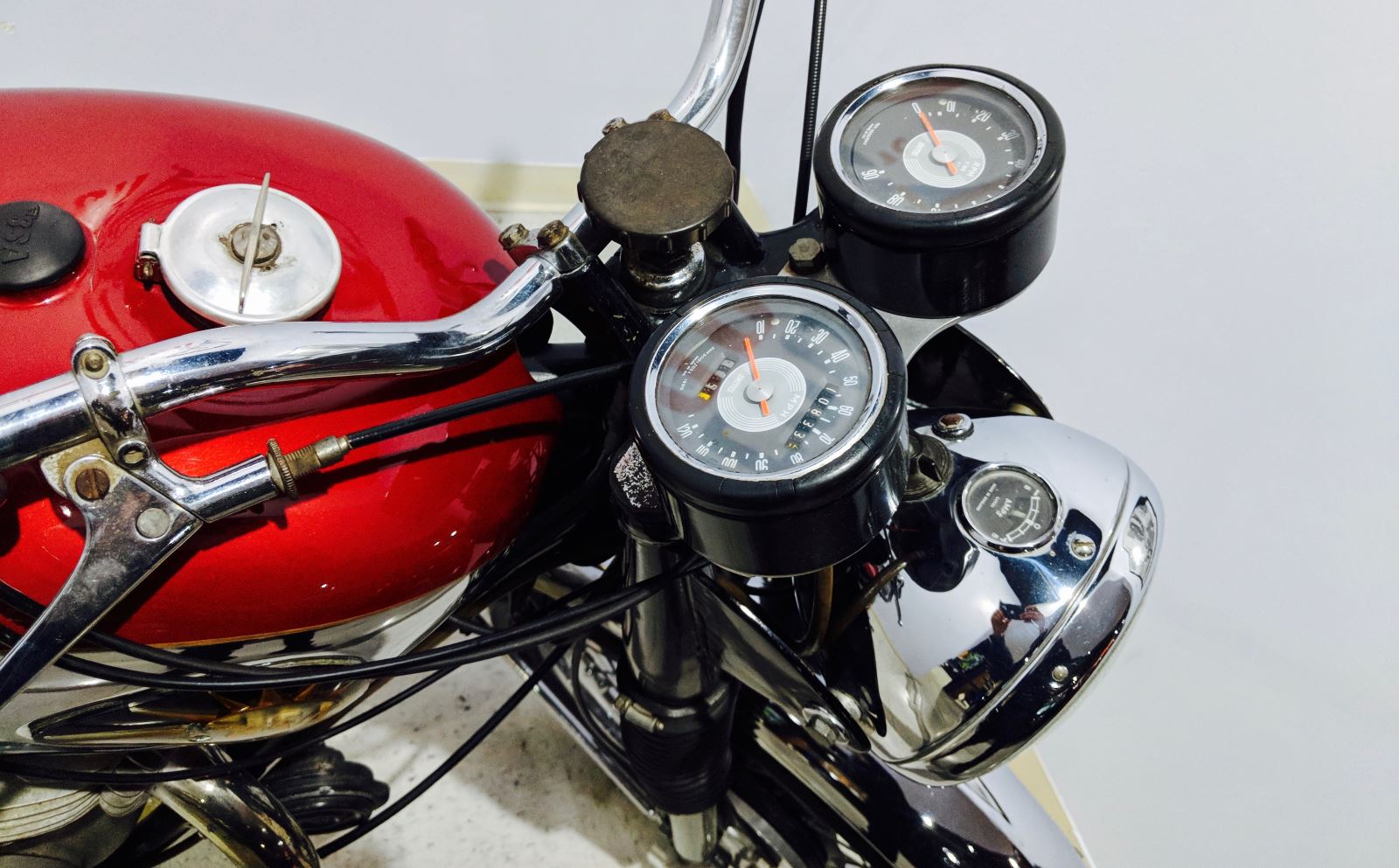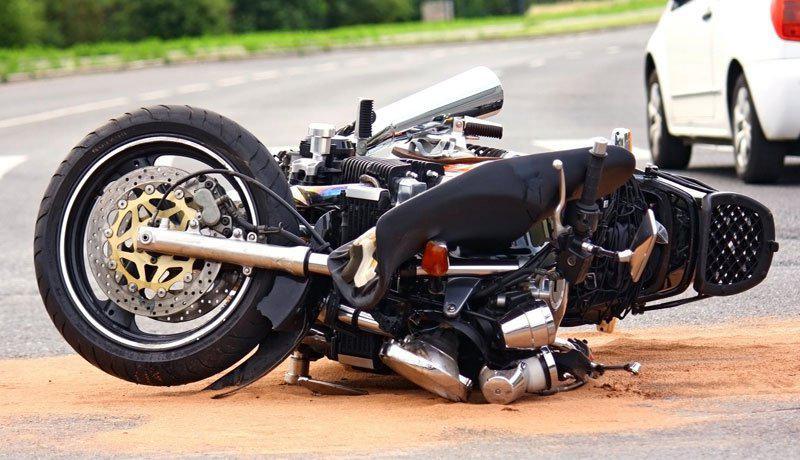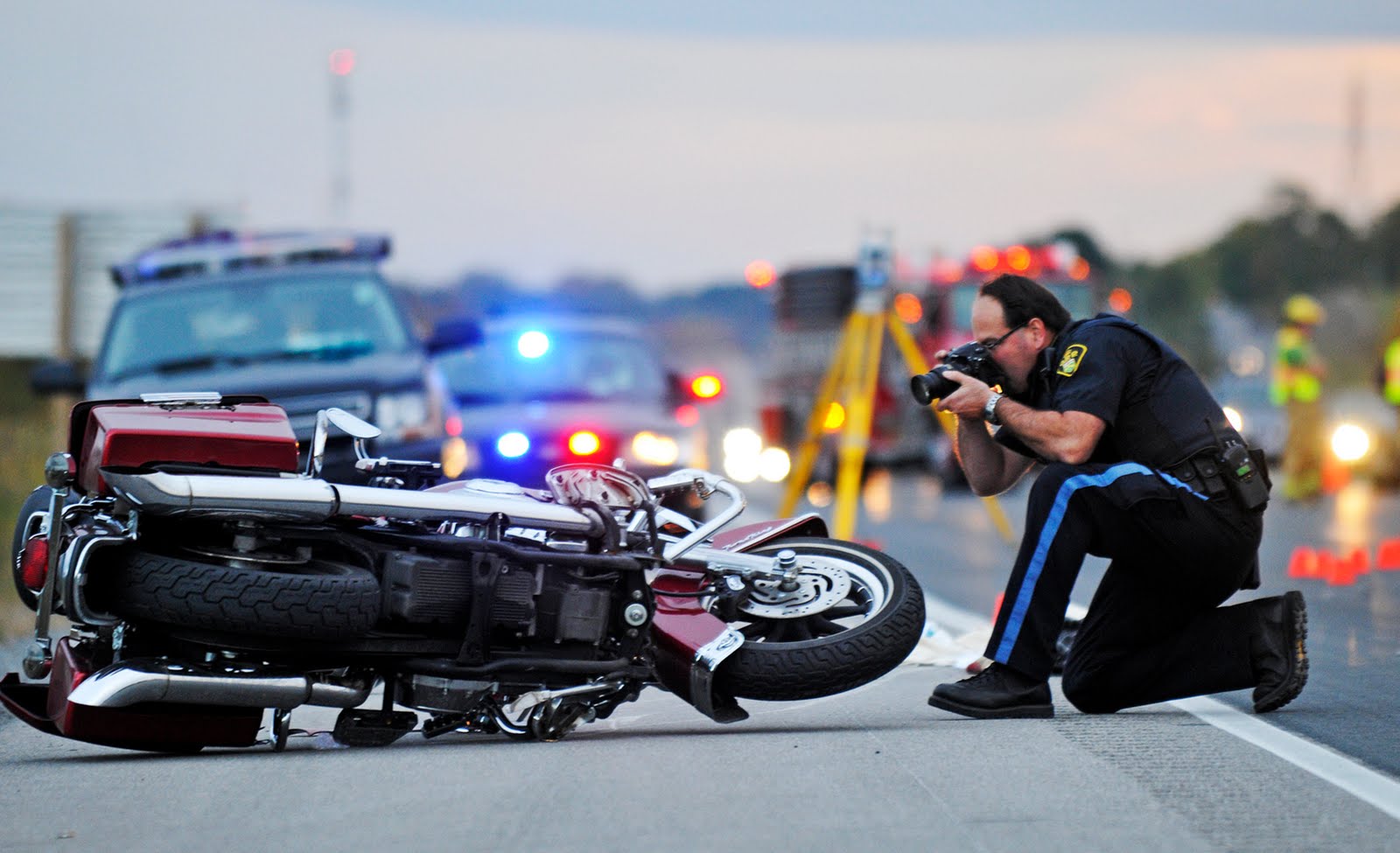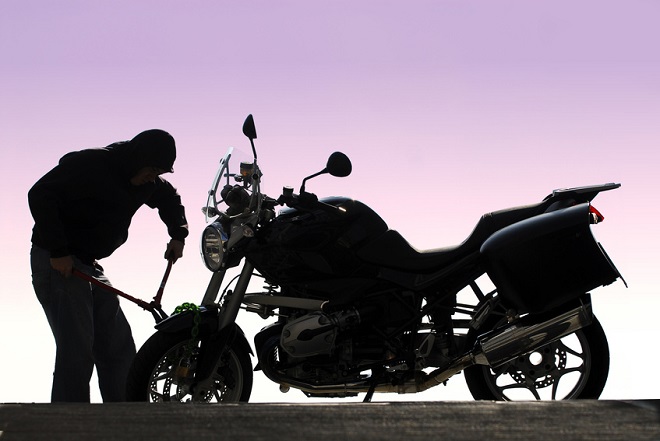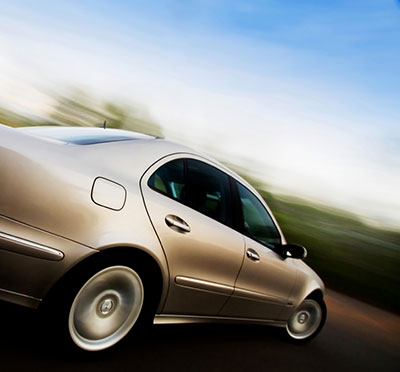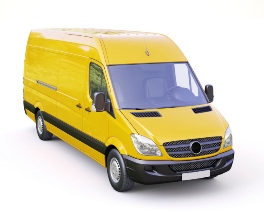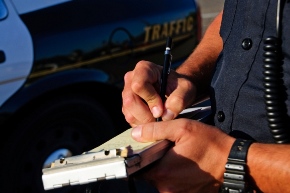Choosing the right insurance provider can be overwhelming, especially with so many options available. In Chicago, a bustling metropolis known for its unpredictable weather and vibrant neighborhoods, selecting the ideal insurance provider is crucial for protecting your assets.
Whether you own a charming condo on the Gold Coast or run a family business in Logan Square, understanding the differences between local agencies and national chains can help you make an informed decision.
In this guide, we’ll discuss the pros and cons of each type of provider, explore how they cater to the needs of Chicagoans, and offer insights to help you find the best match for your insurance needs.
Understanding Local Agencies
When it comes to personalized service, local insurance agencies often have the upper hand. These agencies are typically smaller operations rooted within the community, allowing them to offer tailored advice and build close relationships with their clients. Local agents are familiar with the specifics of living and working in Chicago, such as navigating the city’s notorious traffic or understanding the unique risks associated with lakefront properties.
One notable advantage of working with a local agency is their deep understanding of regional regulations and requirements. This expertise ensures that the coverage you receive is fully compliant with local laws and tailored to your specific needs. Additionally, when you choose a local agency, you often directly support the local economy, contributing to your community’s growth and stability.
However, there are potential downsides. Smaller agencies might not have access to the same breadth of resources or technology as larger national chains. While they excel in personalized service, local agencies may face limitations when it comes to offering a wide range of products or handling large-scale claims.
Recognizing the Strengths of National Chains
National insurance chains, on the other hand, boast extensive resources and widespread recognition. These larger companies often provide a comprehensive range of products, making them a one-stop-shop for all your insurance needs. For Chicago residents seeking convenience, a national chain can offer streamlined processes and advanced technology, making it easier to manage policies and file claims.
In addition to their vast product offerings, national chains often have the financial backing to handle significant claims, providing peace of mind in times of crisis. Their reputation and stability can be reassuring, especially during turbulent economic periods.
However, the downside of choosing a national chain may include less personalized service and a more bureaucratic approach to customer care. In large-scale operations, clients can feel like just another number, rather than valued individuals with unique needs.
The Importance of Customized Coverage
For Chicagoans, customization is key when selecting an insurance provider. The city’s diverse landscape means that your insurance needs can vary widely depending on your location and lifestyle. Whether you’re looking to protect a historic home in Old Town or a sleek loft in the West Loop, a provider that understands the nuances of your neighborhood will ensure you receive adequate and appropriate coverage.
Local agencies often lead the way in offering customized solutions, given their proximity and familiarity with residents’ needs. These agencies can craft policies that address specific local concerns, such as flood coverage for homes near the Chicago River.
Meanwhile, national chains leverage data-driven insights to offer tailored products. They can utilize technology to assess risk factors and suggest customized coverage options based on comprehensive data analytics.
Pricing Considerations
Cost is a significant factor when choosing between a local agency and a national chain. While local agencies might offer competitive rates, national chains can often provide discounts and bundled services due to their size and volume. In Chicago, where the cost of living can be high, finding the right balance between affordability and comprehensive coverage is essential.
Local agencies may provide more flexible pricing options and can negotiate on your behalf with insurers. They understand the local market dynamics and are adept at finding price points that fit within your budget.
However, larger chains might have the advantage when it comes to overall price competitiveness. Their ability to underwrite vast numbers of policies can lead to economies of scale, translating to lower premiums for customers. Comparing quotes from both types of providers can help identify the best pricing strategy for your needs.
The Role of Claims Processing
When disaster strikes, the efficiency of your insurance provider’s claims processing becomes paramount. Local agencies often pride themselves on offering hands-on support and a quick response, thanks to their smaller client base and community focus. This personal touch can be comforting during stressful times, ensuring you have a reliable advocate on your side.
In contrast, national chains have the infrastructure to handle a high volume of claims. Their robust systems and 24/7 customer service lines can provide timely support, even during large-scale events that impact many policyholders simultaneously.
Both options have their merits, and the choice often boils down to whether you prioritize personalized service or the assurance of extensive resources.
Evaluating Customer Service
Excellent customer service is crucial for any insurance provider. Local agencies typically excel in this area, offering dedicated agents who know you by name and understand your specific circumstances. This personalized interaction can foster trust and confidence in your insurance decisions.
National chains may focus more on efficiency and convenience, utilizing technology to provide online account management and quick communication. For busy Chicago professionals, the ability to manage policies on-the-go can be a significant advantage.
Ultimately, evaluating customer service involves considering what matters most to you—personalized interactions or streamlined digital solutions.
Accessibility and Convenience
In a bustling city like Chicago, accessibility and convenience are important factors when selecting an insurance provider. Local agencies often offer in-person meetings and community events, facilitating face-to-face interactions that can enhance trust and understanding.
National chains provide convenience through their extensive network of offices and online platforms. With mobile apps and 24/7 customer support, managing your insurance needs is more accessible than ever.
Evaluate your lifestyle and preferences to determine which provider offers the accessibility and convenience that best suits your needs.
Weighing Reputation and Trust
The reputation of an insurance provider can greatly impact your decision-making process. Both local agencies and national chains have their unique strengths when it comes to building trust within the community.
Local agencies often rely on word of mouth and established relationships to maintain their reputation. Their involvement in local events and charities can further bolster their standing within the community.
National chains benefit from widespread recognition and brand strength. Their longstanding presence in the industry and consistent performance can inspire trust among policyholders.
Leveraging Technology and Innovation
In today’s digital age, technology plays a pivotal role in shaping the insurance landscape. National chains often lead the way in adopting innovative solutions to enhance customer experience. From AI-driven chatbots to automated claims processing, these advancements streamline operations and improve service delivery.
Local agencies, while smaller, are not necessarily behind in technology adoption. Many are investing in modern tools and platforms to stay competitive and meet customer expectations.
Exploring each provider’s technological capabilities can help you determine which aligns best with your preferences for modern solutions.
Community Involvement and Support
A strong sense of community is vital for many Chicago residents. Local agencies excel in fostering community ties through active involvement in local initiatives and support for neighborhood causes.
National chains, though larger in scope, often contribute to charitable efforts on a broader scale. They may sponsor events and programs that benefit the wider community, showcasing their commitment to making a positive impact.
Consider how each provider’s community engagement aligns with your values when making your decision.
Conclusion
Choosing between a local agency and a national chain for your insurance needs in Chicago boils down to personal preferences and priorities. Both options offer unique advantages, whether it’s the personalized service and local expertise of a neighborhood agency or the extensive resources and convenience of a national provider.
Consider factors such as customization, pricing, claims processing, and community involvement when making your choice.
Ultimately, the right insurance provider will be one that aligns with your lifestyle, values, and coverage needs, ensuring peace of mind as you navigate life in the Windy City.
Ready to explore your insurance options?
Amigo Insurance is here to help you get perfect coverage and expert advice. If you’re looking for an insurance plan that suits your needs, our friendly team is here to help you. Get your quick quote now!
Give us a call today at (773) 847-9000 to learn more about how we can support you. Stay protected, stay insured, and let Amigo Insurance be your guide.

